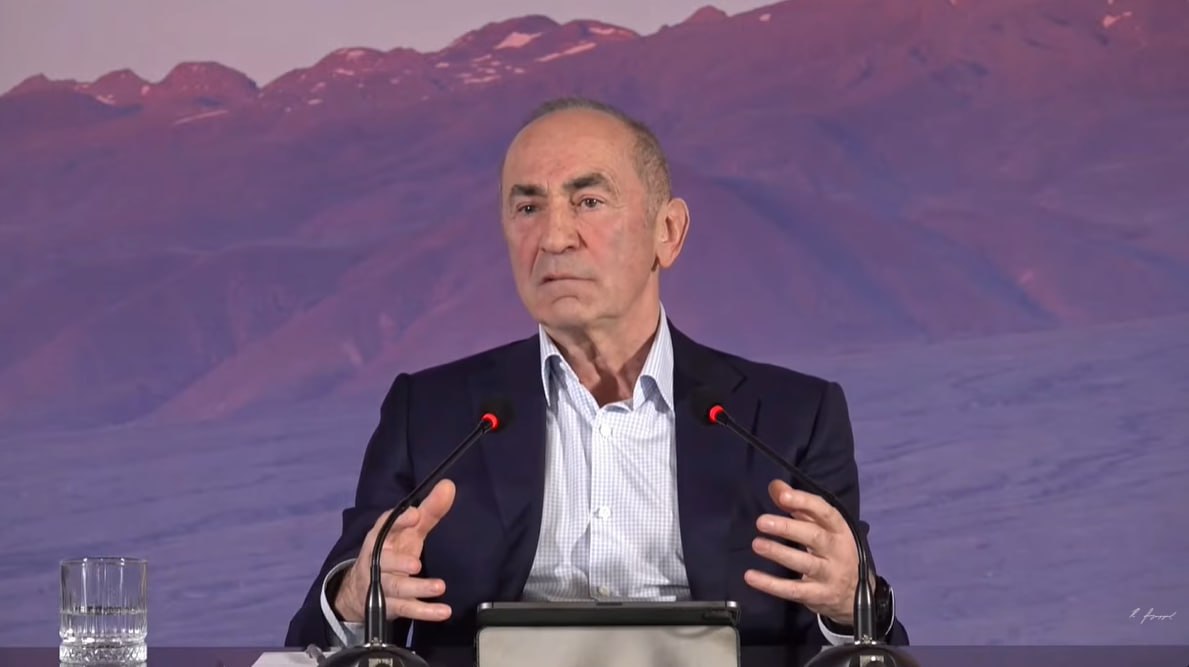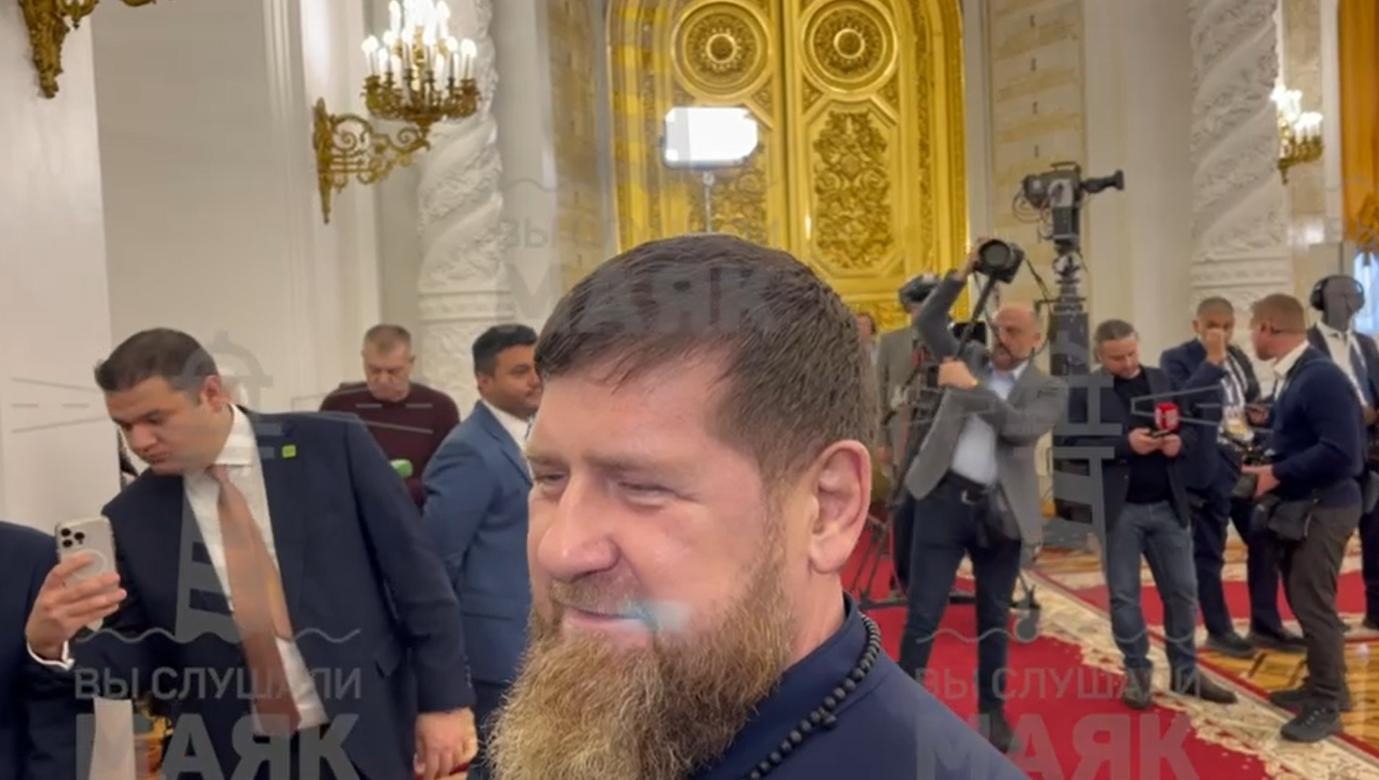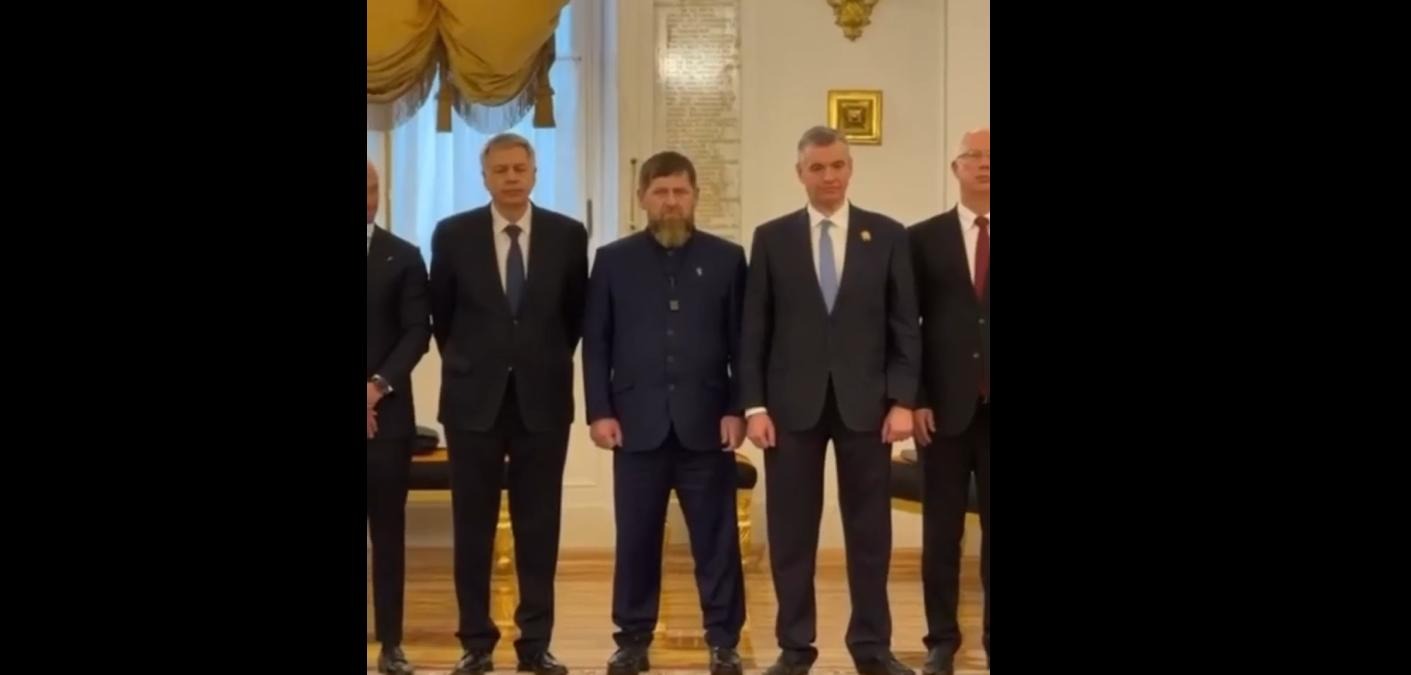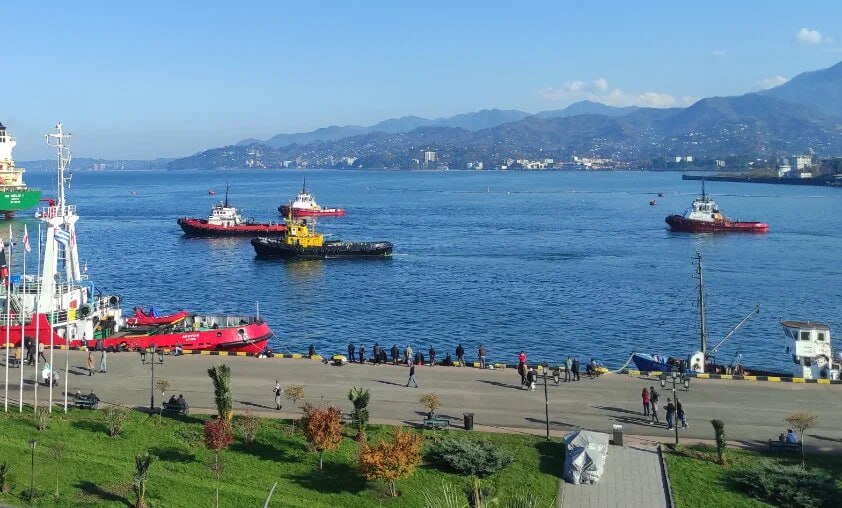Former Armenian President Robert Kocharyan warned against the current government's flippant attitude toward possible harsh responses from Moscow. He believes the authorities fail to grasp the scale of the potential impact Russia could have, including tariff revisions and export blockages.
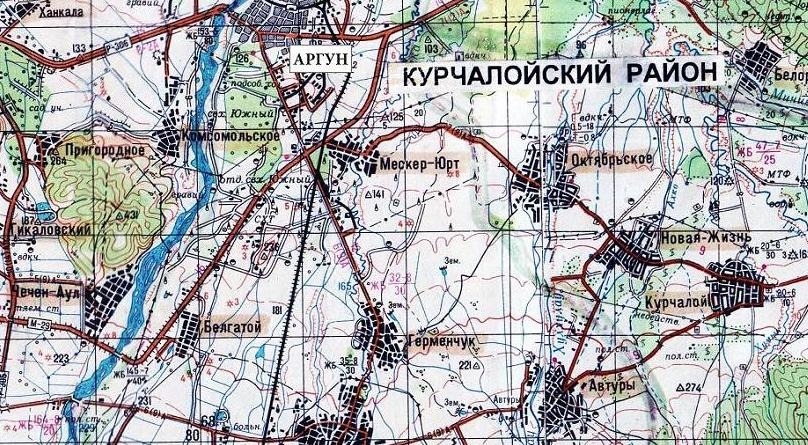
October 6, 2001
***
At about 6.30 in the city of Gudermes, they went towards a hot spring on the outskirts of the city and three local residents went missing: Musa Magomedovich Bambatov, born in 1961, who lived at the address: Gorny lane, 12, Vakha Alievich Lakaev, born in 1963 ., Gorny lane, 18, and Khas-Magomed Akhyadovich Abdulkhazhiev. According to the testimony of an eyewitness, Adam Ibragimov, at about seven o'clock at the hot spring he saw two Russian armored personnel carriers and military men in masks. Subsequently, at this place, Musa Bambatov’s brother found his jacket, as well as keys and a lighter that belonged to Vakha Lakaev. Relatives of the missing turned for help to the city police department, the prosecutor's office, the Federal Security Service of the Russian Federation for the Chechen Republic and the military commandant's office of the district. They also turned to the police department with a request to comb the area adjacent to the hot spring (including in the area of dacha plots), but this was refused. The relatives also submitted an application for assistance to the Memorial Human Rights Center.
On October 16, 2001, criminal case No. 21170 was opened on the fact of the kidnapping of these people (Article 126, Part 2 of the Criminal Procedure Code of the Russian Federation). On December 16, 2001, it was suspended on the basis of Article 195, Section 3 of the Code of Criminal Procedure of the RSFSR with standard wording. The relatives did not go to court to complain about the inaction of the prosecutor's office. They also did not file a claim with the European Court of Human Rights. As of early 2008, Musa Bambatov, Vakha Lakaev and Khas-Magomed Abdulkhazhiev were listed as missing.
According to the testimony of relatives, Musa Bambatov has black and gray hair, black eyes, a cataract on his right eye, and sparse front teeth. His height is 170 cm, weight is 90 kg. He was allegedly wearing dark blue denim trousers at the time of his disappearance. He did not take part in hostilities either in the first or second war.
***
At about 11 o'clock, an unprovoked, unexpected and disorderly shelling was carried out from a military convoy moving along the Grozny-Shatoi road in the village of Prigorodnoye. As a result, 11-year-old Muslim Bisultanov, who lived with his parents on Lenin Street, was wounded. During the shelling, he was in the courtyard of his house. A shrapnel hit him in the head. The boy died on the way to the hospital.
Several other people, mostly elderly, were injured. For example, 60-year-old Yakha. The houses of local residents were damaged: the slate on the roofs was damaged, doors and glass on the windows were broken.
The shelling was carried out by the same military personnel who, in previous days, carried out the “cleansing” of the settlements of Starye and Novye Atagi, Chiri-Yurt and Duba-Yurt. Having completed the operation, they returned to their base in the village of Khankala.
The fact that the military unnecessarily fired at a defenseless village, according to local residents, is not surprising. They said that after the end of the “cleansing” of Starye Atagi, two women, residents of Grozny, approached the checkpoint in front of this village. They turned to the military with a request to let them through on a very important matter. The conscript soldier called his commander. The approaching officer had an iron mug in his hands. Saying “Don’t you know that the military has power?!”, he began to beat his subordinate with it. Everything happened in front of the women. The commander beat the soldier until he fell to the ground. The women ran away in fear.
***
In the village of Kurchaloy, the Russian military carried out another “cleansing operation”. The village was previously blocked; the passage of vehicles and pedestrians was prohibited from entering and leaving it. On this day, some of the residents of the Kurchaloevsky district intended to obtain passports. Despite the ongoing operation, the passport office was working, so people turned to the military with a request to let them into the regional center. In some cases, they were met halfway, but for money. The military charged 50 rubles for passing through checkpoints. per person.
***
The village of Tsotsin-Yurt was shelled from mortars (according to other sources, this happened on October 7). One of the shells hit a trade stall owned by local resident Zulay Aidulkadyrova. Products worth more than 24 thousand rubles were destroyed. The mine also hit the house of her neighbor, Kheda Riskieva. Three families lived in it. As a result of the explosion, a canopy collapsed and people were injured - Kheda Riskieva herself and her two children (son Rasul, one and a half years old, and daughter Makka, who was only three years old). As soon as the sounds of nearby explosions were heard, the mother tried to lift the children out of bed and unwittingly shielded them with herself. The children were slightly hit by shrapnel, the woman herself received 21 wounds and was unconscious for two days.
The shelling came from a unit of the Ministry of Internal Affairs stationed on the outskirts of Tsotsin-Yurt, where the field brigade of the local state farm was previously located.
The next day, villagers approached the checkpoint and demanded that the shelling stop. The military told them in response: “We were shooting, we are shooting and we will continue to shoot.” At the same time, some of them laughed.
That same evening, Tsotsin-Yurt came under repeated mortar fire. There were no casualties among local residents this time. However, livestock were killed and dozens of houses were seriously damaged.
***
In the village of Tsotsin-Yurt, local resident Mairbek (Dushu) Yusupov, born in 1957, was killed by unknown persons. The nature of the wounds he received was bullet wounds. At night he was riding a bicycle on the eastern outskirts of the village. Some local residents said that he was killed by armed men who were traveling in a car.
From the book “People Live Here”, Usam Baysaev, Dmitry Grushkin, 2006.
